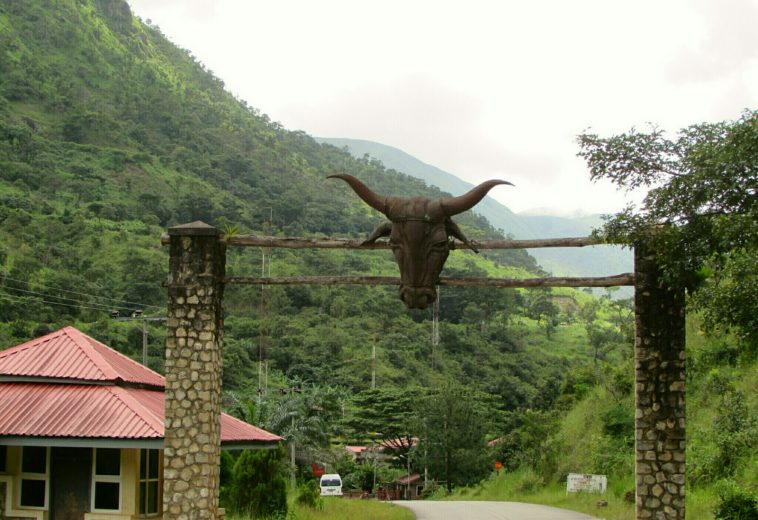China’s engagement with Africa has been marked by a deliberate and strategic diplomatic pattern, reflecting its growing interest in the continent’s markets and resources. This engagement has evolved into a multifaceted relationship, intertwining economic interests with diplomatic overtures, infrastructure investments, and cultural exchanges.
Research from Boston University highlights a significant gap in China’s investment strategy in Africa concerning green power initiatives. Despite President Xi Jinping’s pledge to support the development of green and low-carbon energy, Chinese lending and investment in Africa have predominantly favored fossil fuel projects over renewables. This neglect of green power investments spans nearly two decades, hindering Africa’s energy transition and exacerbating environmental challenges.
Unlike traditional Western powers, China adopts a non-interference policy in the internal affairs of African nations, which resonates with many African leaders. This stance contrasts sharply with the historical legacy of colonialism and neo-imperialism, endearing China to African countries seeking autonomy and self-determination.
China’s new foreign minister Qin Gang visited five African countries and the African Union in January 2023. Wang Yi, the former foreign minister, visited 48 African countries and premier Xi Jinping undertook 10 visits to Africa between 2014 and 2020.
Economic cooperation lies at the heart of China’s engagement with Africa. The continent’s vast natural resources, burgeoning consumer markets, and strategic geographic location make it an attractive destination for Chinese investments. China’s appetite for resources such as oil, minerals, and agricultural products aligns with Africa’s desire for infrastructure development and economic growth. Through trade agreements, investment projects, and aid packages, China has become Africa’s largest trading partner and a significant source of investment and development assistance.
China’s Belt and Road Initiative (BRI) exemplifies its commitment to enhancing connectivity and economic integration with Africa. The BRI, a massive infrastructure development project spanning multiple continents, aims to revive ancient trade routes and foster economic cooperation. In Africa, the BRI has facilitated the construction of railways, ports, highways, and telecommunications networks, improving connectivity and stimulating trade and investment. By investing in infrastructure projects, China not only gains access to African markets but also fosters goodwill and strengthens diplomatic ties with host countries.
Moreover, China’s diplomatic strategy in Africa extends beyond economic interests to encompass political and cultural dimensions. Beijing actively cultivates relationships with African governments through high-level visits, diplomatic exchanges, and multilateral forums. China’s diplomatic overtures often include generous aid packages, debt relief, and technical assistance, enhancing its influence and soft power in the region. Furthermore, China promotes cultural exchanges, educational scholarships, and people-to-people interactions, fostering mutual understanding and goodwill between Chinese and African societies.
While instrumental in financing infrastructure projects, China’s development finance institutions have primarily focused on sectors such as commodity extraction and electrification, aligning with China’s own economic interests. Hydropower projects, for instance, have been earmarked to support the extraction of various metals, reflecting a pattern of investment that prioritizes resource extraction over sustainable energy development.
Africa possesses immense potential for renewable energy, with solar and wind resources among the highest in the world. Yet, Chinese lending for renewables has remained disproportionately low, constituting a mere 2% of energy loans from 2000 to 2022. This stands in stark contrast to the urgent need for clean energy solutions to address Africa’s energy poverty and mitigate the impacts of climate change.
China’s engagement with Africa has been subject to controversy and criticism. Critics argue that China’s pursuit of economic interests disregards environmental sustainability, labor rights, and governance standards in African countries. Moreover, China’s loans and investments often come with strings attached, leading to debt dependency and neocolonialism concerns. Additionally, China’s support for authoritarian regimes and its role in natural resource extraction have raised questions about its commitment to democracy and human rights in Africa.
Despite these challenges, China’s diplomatic pattern and interest in the African market continue to evolve. Beijing recognizes the importance of maintaining stability and fostering sustainable development in Africa to safeguard its investments and long-term interests. Consequently, China has taken steps to address some of the criticisms against its engagement with Africa, such as promoting environmental sustainability, corporate social responsibility, and debt restructuring.
The disparity between China’s rhetoric on various sectors and its investment priorities proves the need for a recalibration of its approach to Africa’s energy sector.
Looking ahead, China’s diplomatic strategy in Africa is likely to remain a cornerstone of its foreign policy and economic agenda. As Africa’s population and economy continue to grow, the continent will become an increasingly important market and partner for China.


